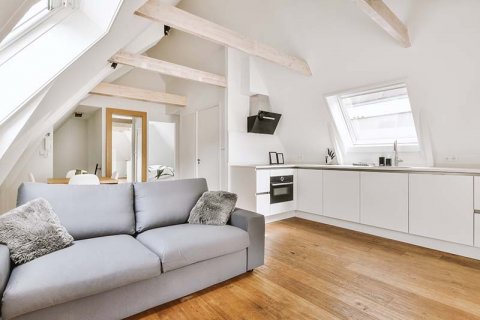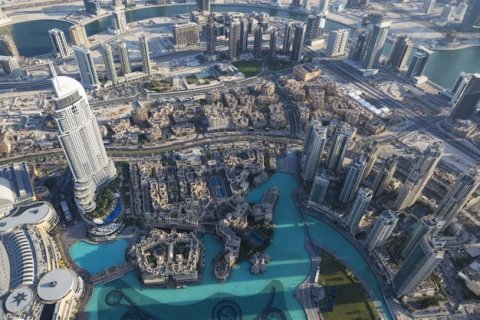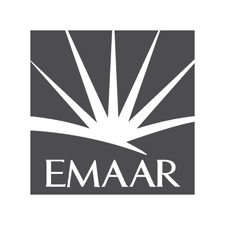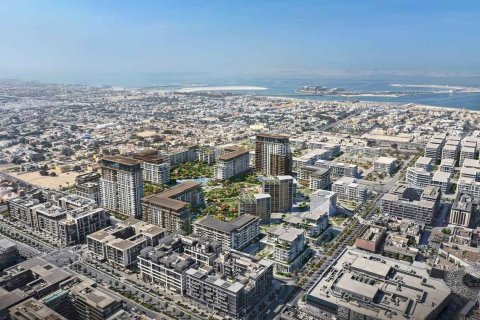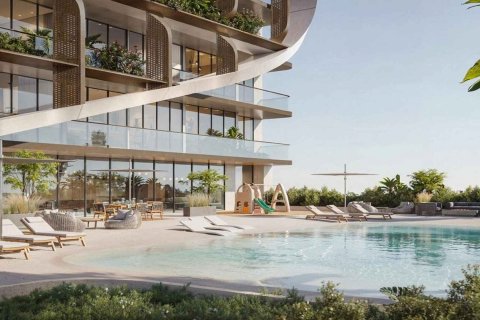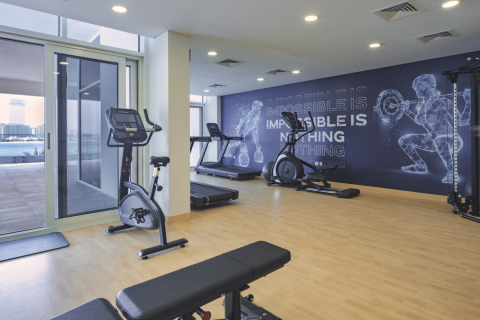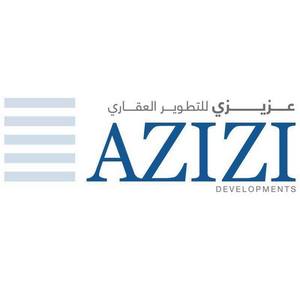
According to research by the analytical company JLL, sustained growth in Dubai's residential real estate market will lead to the delivery of over 35,000 new units by the end of the year. Investor demand is driven by offerings of creative products, attractive payment options, and recent changes in golden visa requirements.
The real estate market overview for the UAE in the first quarter of 2024 indicates that approximately 10,000 apartments were delivered in Dubai and 1,600 in Abu Dhabi, signaling significant growth in the residential sector in the Emirates as developers shift their focus to secondary properties.
The report also states that Dubai's market has had a successful start to the new year, with around 10,000 housing units sold in the first quarter, increasing the total residential stock to 729,000 units. Over the remaining 9 months of the year, Dubai plans to deliver another 25,000 apartments, primarily located in well-known areas, such as:
- MBR City
- Business Bay
- Jumeirah Village
- Dubai Land.
In Abu Dhabi, 1,600 housing units entered the market since the beginning of the year, with an expected addition of another 6,000 units by year-end.
According to Faraz Ahmed, JLL Mena's research director, property transaction volume in Dubai increased by 20% compared to the same period last year, while in Abu Dhabi, this volume increased by 17%, with more apartments sold than villas and townhouses.
Rising land prices and construction costs are forcing developers to shift their focus to secondary market properties in addition to properties in the 2 million AED price range, allowing buyers to meet the threshold for obtaining a Golden Visa.
Rental market overview
Sale prices and rental rates in Dubai's market have been increasing annually by 21%. Particularly, rental rates for apartments saw significant annual growth of 22%, outpacing the growth rates of villa rentals at 14%. Demand for villas remained high, evidenced by a noticeable 22% increase in sales prices compared to the same period last year.
In Abu Dhabi, rental rates increased by an average of 4.0% over the same period, while sales prices increased by an average of 7.0%. Like Dubai, rental price growth for apartments in Abu Dhabi was 5.0% higher than for villas. On the other hand, the cost of sold villas in Abu Dhabi increased by 9.0% annually.
Tourism sector
The hospitality industry is growing due to healthy tourism, and Dubai is experiencing significant growth. In the first quarter, 2,000 new hotel rooms were added, bringing the total number of rooms on the market to 155,000.
In the first quarter of 2024, almost 2,000 new hotels were opened, mostly 5-star, in places like Business Bay, Za'abeel, and Port Said. Thus, the total number of rooms increased to approximately 155,000. It is expected that within the year, the emirate will see an additional 5,000 real estate properties, comprising a mix of 4- and 5-star hotels. On the other hand, according to the JLL report, the hotel supply in Abu Dhabi mostly remained stable at 32,500 rooms, with an expected addition of another 500 rooms to the market within the year.
According to the Dubai Department of Tourism (DET), 3.67 million people visited the city in January and February, an 18% increase compared to the same period last year. Western Europe, South Asia, and the Persian Gulf countries, which account for 53% of the total share, became the largest sales markets. These positive tourism indicators contributed to a 5.0% increase in average daily rates (ADR) on an annual basis to $226, resulting in a 5.0% year-over-year increase in revenue per available room (RevPAR) to $185.
Expanding internet access, a diverse events calendar, and high tourist demand have affected the efficiency of hotels in Abu Dhabi. In March 2024, hotel occupancy throughout the city reached 81%, with accommodation costs rising by 8.0% annually to $161. Compared to the same period last year, RevPAR increased by 17% to $130, indicating significant growth.
Given the significant presence of luxury hotels, hospitality industry owners and operators are aware of the competitive advantage offered by experience-based developments. Operators are investing in updating their product range to increase its value through partnerships with lifestyle groups, which contribute to the introduction of new concepts and brands, especially in the high-yield F&B segment.




































